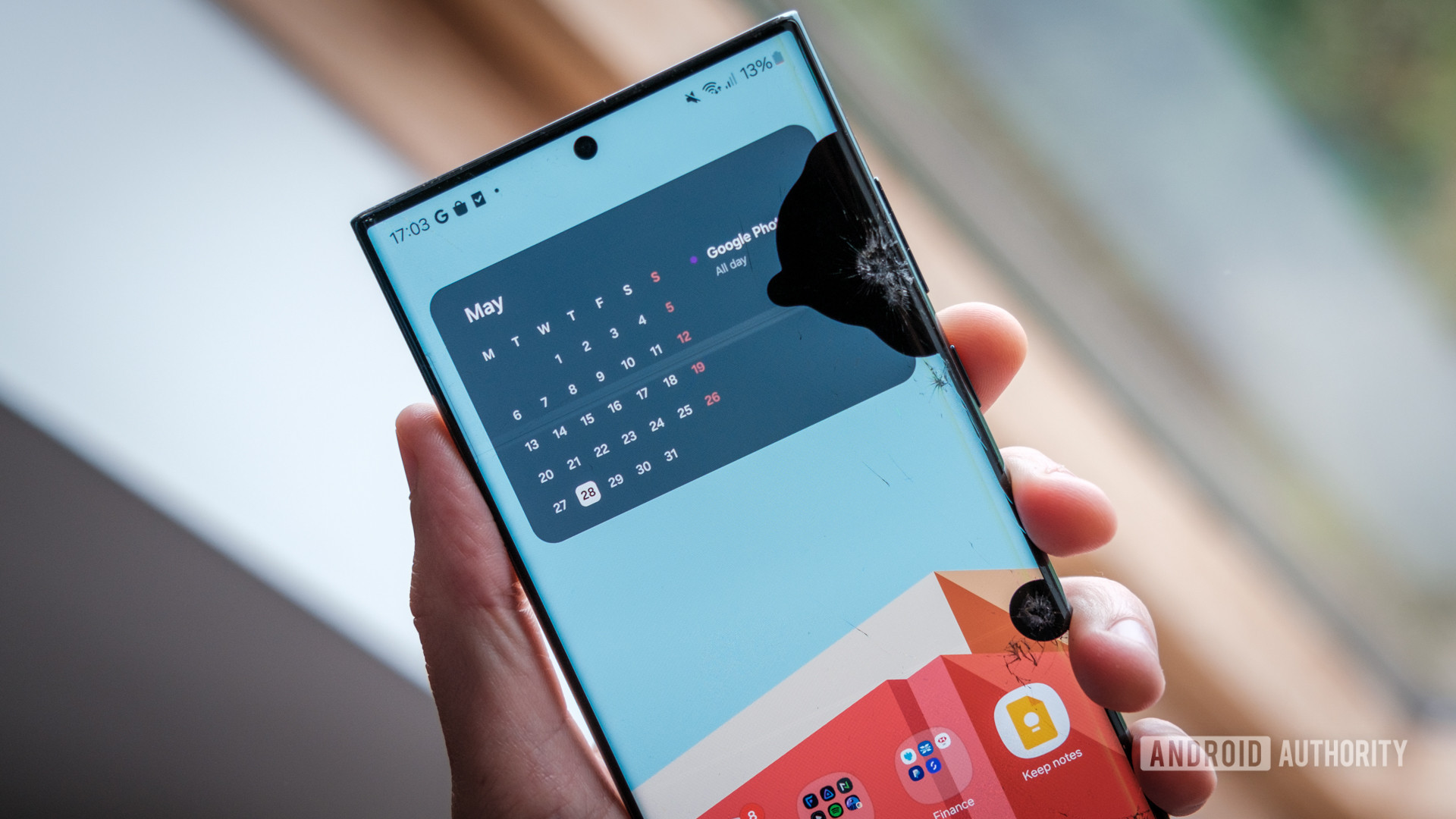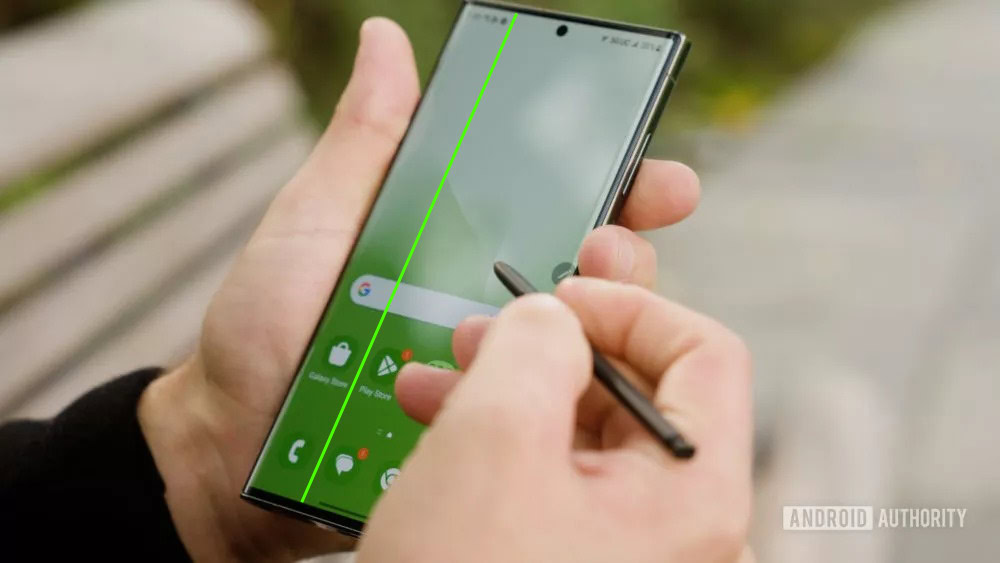Affiliate links on Android Authority may earn us a commission. Learn more.
Forget software updates, expensive repairs are the biggest hurdle to smartphone longevity

In an age when thousand-dollar smartphones are the norm, treating our devices well is becoming increasingly important. However, mistakes happen, even to the best of us. They get smacked, dropped, and chipped, and there will likely come a point when a repair is necessary. Samsung appeared to acknowledge this eventuality, shacking up with iFixit to improve its devices’ repair processes. The two companies have since divorced, with iFixit criticizing Samsung’s stance on aftermarket service and high component prices.
With Samsung making software updates a significant reason to purchase its flagship devices, iFixit’s criticism highlights the company’s latest issue with hardware repairs. There’s no point in purchasing a phone with seven years of software update support if you cannot keep its hardware running. Of course, in light of this situation, we wanted your views on smartphone repairs.
In a recent poll, we asked our readers if they’ve ever paid to repair their smartphones. The results are revealing.
Over a third (33.9%) of the 6,000+ respondents have never required phone repair services, which is excellent considering how fragile modern devices can be. However, when considered from a different angle, that result also means that two-thirds of respondents required a repair at one point or another.
Of those who sent their devices in for repairs, just under 20% used official channels, while 26% opted for third-party repair specialists. Voters in the latter pool likely weren’t privy to official repair facilities or third-party channels offered cheaper service. Either way, 45.8% of respondents were willing to fork out on device repairs.
However, what’s worrying is the remainder. Around one in every five respondents, or 1,200+ in raw numbers, said that they’ve never repaired their devices as it’s “too expensive.” This suggests that users would more likely use a broken smartphone or toss out their devices and purchase a new phone than have them repaired.

Readers shed some light on some of their struggles with Samsung. “It wouldn’t be so bad if Samsung honored their warranties. My (Flip 4) phone screen died through no fault of my own. I sent it in for replacement, and they charged me a fortune because the phone had a few scratches on it. So unless your phone has been in its box since day one, they’ll wriggle out of free repairs,” they write.
However, the repairability problem extends industry-wide, beyond just Samsung. One reader writes, “The only time I ever had to repair a phone was to replace the battery in my OnePlus 7 Pro, and that only cost around $80 at a local fix-it shop. When I dropped my 9 Pro last year and spider-webbed the screen, I looked into replacing the screen, and it would have cost me almost as much as buying a replacement 9 Pro from Swappa (which is what I ended up doing, relegating my 9 Pro with a shattered but still functional screen to test bed status for my custom ROM). So, my repair experience has been hit-or-miss.”
Others have their own ways of ensuring that they’ll never need repairs. “This is why I only buy phones with replaceable batteries. They are still around, even from Samsung (Xcover series). ‘Flagships’ with built-in batteries are just disposable tech demonstrators; there is nothing I will waste my money on,” one reader remarks.
“Prevention is always better. Cheap case and screen protectors avoid the need for repair. Using the battery charge limits extends battery lifespan,” suggests another.
The fact that so many readers would rather ditch their devices than repair them says a lot about the industry’s repairability issues. Big smartphone firms, like Samsung, must address this problem in the coming years, not just for consumers but also for the environment.